“Reflection: Harry Potter series by J.K. Rowling” will include my thoughts on the books, movies, The Cursed Child Playscript, and the controversy surrounding the story of Harry Potter.
Is the story of Harry Potter a bad influence because of the elements of witchcraft and wizardry?
Reading the Harry Potter Series: Diving into a Magical World
For the past eight months, I have been rereading the Harry Potter series written by J.K. Rowling. Growing up, I only read the first four books. I was one of the few people in my friend groups who did not finish reading the series. But I did watch every single movie when they came out. I also collected wands, Harry Potter merchandise, and related books (Fantastic Beasts and Quidditch Through the Ages).
I decided I wanted to read the entire series Last Fall. I finally finished Harry Potter and the Deathly Hollows last month, and this week I finished Harry Potter and the Cursed Child. In celebration of reading the entire series plus the play script, I watched the Harry Potter Movies (I have seen the movies countless times over the years).
I did not plan on my return to the Harry Potter world to align with the commemorative 20 year anniversary of the release of Harry Potter and the Philosopher’s Stone, but it conveniently worked out that way.
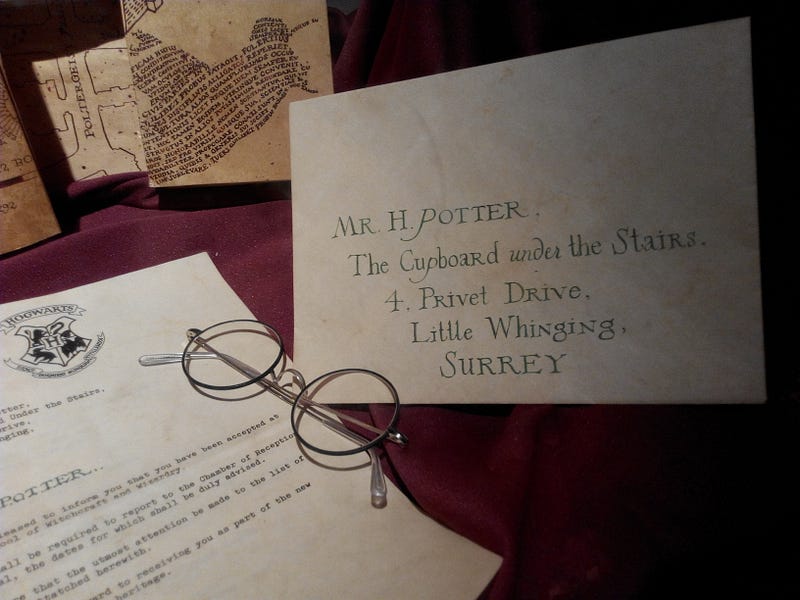
Cast a spell on your feed with my Magical ~ Halloween Instagram Templates HERE
Reflection of the Harry Potter Series: A Journey from Childhood to Adulthood (Books 1-7)
I became enthralled with the Harry Potter world after seeing Harry Potter and the Sorcerer’s Stone in the theater in 2001. I kept the popcorn bag and movie tickets for years. Immediately after seeing the movie, I immersed myself in the Harry Potter world, collecting movie merch and the books. I remember reading the first two Harry Potter books when I was a kid and being completely sucked in (this was around the same time I became the avid reader I am today).
One of My Favorite Books in the Series: The Prisoner of Azkaban
When I read Harry Potter and the Prisoner of Azkaban, I was around ten. I remember thinking that I was nervous and scared to keep reading. The first two books were amazing, but it wasn’t until Prisoner of Azkaban that I felt like I was reading a scary story.
Harry Potter and the Prisoner of Azkaban became my favorite book and movie for its dark content. The death of Cedric Diggory brought a new level to reading the books when I read Harry Potter and the Goblet of Fire. First, they were getting bigger (literally in physical size and number of pages). Second, the death of Cedric brought gravity to Harry’s story. It felt like Voldemort’s threat reached beyond the world of Harry Potter and bled into the reality of my childhood.
Recalling What Happened in the Books
Rereading the first four books, I was amazed at how much I remembered. I read the third and fourth books multiple times growing up, but because of the increasing size of the books, I felt overwhelmed.
Reading them this time with having years of learning under my belt and a soon to be BA in English, I found myself dissecting the books, in the same way, I would a piece of 20th Century Fiction (natural habit for me now but for some yawn-evoking).
Pinpointing Elements to Analyze in the Harry Potter Book Series
Key aspects that I noticed and took notes on included character development, details on the Harry Potter world, the magic elements, and the classic story plot of good versus evil. These aspects sound simple enough, but when I took the time to pick them apart, suddenly, the genius of J.K. Rowling was obvious.
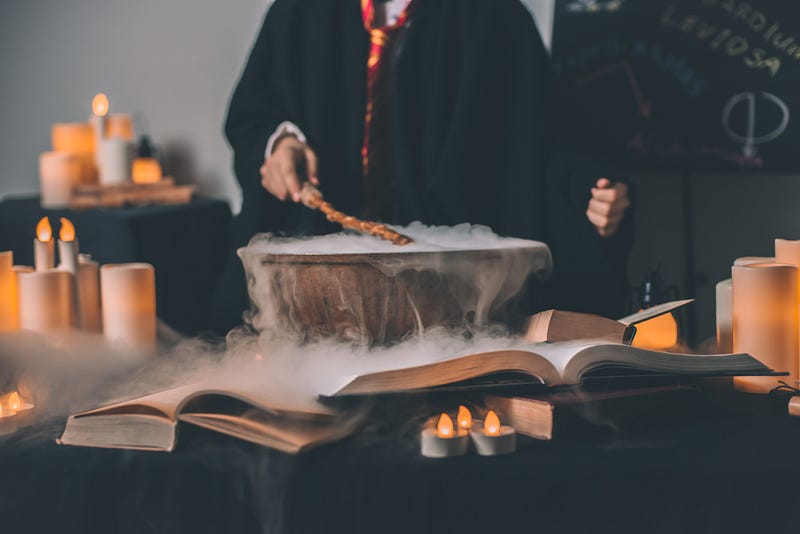
Reflection on Character Development in the Harry Potter series: The Golden Trio of Misfits, Harry, Ron and Hermione
I felt at certain times, especially as the books became darker and more dangerous, the character development was fascinating. The complexities within each character, the struggles, fights, and relationships reflected the characters’ ages accurately.
Following a small child’s life from birth to the final face-off with Voldemort at the age of seventeen is no small feat. The books contain the growing pains of a young kid but also the anguish of a child fighting for his life and trying to survive all while going to school, making friends, and growing up.
Moving onto the Order of the Phoenix
While reading Harry Potter and the Order of the Phoenix, Harry and his friends begin to feel differently. Their attitudes, actions, and behavior appear to be maturing while possessing the complications of teenage years.
Harry is continuously being pushed beyond his limits, fighting alone, or fighting with Ron and Hermione (who have their own issues). Barely surviving attacks and life-threatening adventures, the trio uses their talents, wits, and strengths to keep going, but underneath it all, is the theme of friendship and love that keeps them alive.

Enjoy reading my reflection? Leave a comment below and tell me what you think! Find out more about me HERE
Reflection on The World of Witchcraft and Wizardry in the Harry Potter Series
It is the little inventions and unique approach to magic and fantasy that make’s me admire J.K. Rowling as a writer. The simple idea of Quidditch (a wizarding sport that includes balls, hoops, and broomsticks) or the talking, moving, exploding candies to the more significant complex idea of Horcrux’s are all excellent examples of Rowling’s creativity.
For an author to sit down and think out these particular elements of their own fictional world is a feat that should be respected. Making complex fantastical ideas work within a piece of fiction requires skill. There are many places where Rowling’s magical creations could not have worked.
Still, honestly every aspect is so thoroughly thought out and woven together perfectly with the concept and theme that there is almost nothing that I could think of that could have been improved.

Good vs. Evil: Defeating Voldemort and the Other Bad Guys
I think we understate the gravity of the good versus evil storyline in Harry Potter. Rowling could have easily made the story simpler where it was only Harry Potter versus Draco Malfoy, but instead, she gave Harry more sorrow and pain.
The villain wasn’t soft around the edges or toned down, Voldemort killed, tortured and sought out Harry’s death throughout the series. Voldemort is the ultimate villain representing ignorance, hatred, and power-hungry selfishness. The political and social commentary that thrives under this story of Harry Potter is what really intrigues me.
What Real-World Evils Can Voldemort and Other Bad Guys Compare To?
The whole idea of Voldemort wanting wizards to rule over muggles, that ‘purebloods’ are the only real wizards and that ‘mudbloods’ are nothing, bring to mind the horribly similar goals of the Nazi’s in World War Two. The whole concept of House Elfs, Goblin rights and wars, and how wizards regard and treat magical creatures (think of the Centaurs and Giants). These details add social commentary on our reality in the fantastical world of Harry Potter.
Not only is there pure evil represented in Voldemort but also realities in child and adult relationships (not all adults are functional, they are complicated and have their own problems as well).
For instance, the short connection between Harry and Sirius Black (his Godfather), who is continuously reminded of James when he sees Harry and on more than one occasion, treats Harry as if he is James.
Another example is the complicated relationship between Harry and Dumbledore (Headmaster at Hogwarts), in the last three books, Dumbledore’s attention to Harry becomes more questionable, is Dumbledore using Harry to defeat Voldemort? Did Dumbledore really ever care about Harry?
Dumbledore’s intentions are complicated and mysterious most of the time since he is presented as good and whole, a sort of father figure, master protector, and mentor for Harry. But as Dumbledore’s past is revealed, his intentions are questioned by Harry and others.
(All of this is concluded and revealed in Harry Potter and the Deathly Hollows)
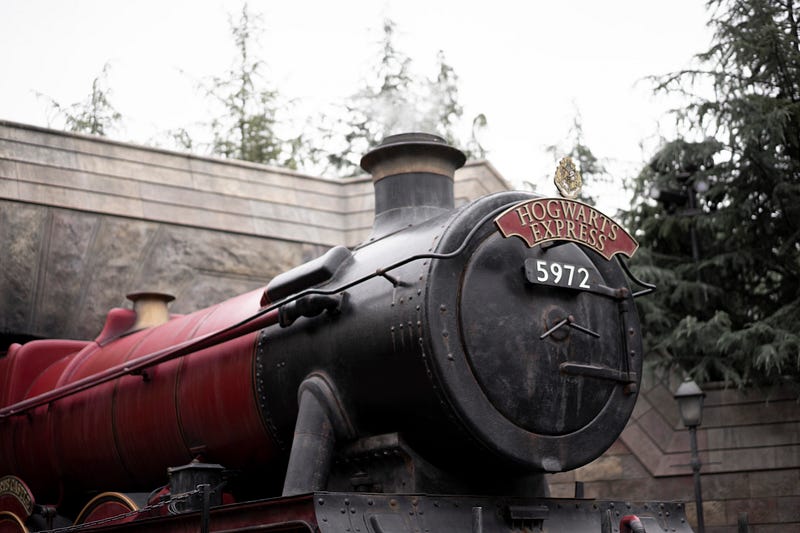
Want to check out more of my blog posts? Let’s go! ? BLOG
The Other Villains in the ‘Good vs. Evil’ Plot: Lockhart, Umbridge and Pettigrew
Gilderoy Lockhart, an egotistical writer, and briefly a professor of the dark arts at Hogwarts, puts Harry and his friends in danger for fame and glory.
Dolores Umbridge (works for the Ministry of Magic) hides her beliefs and support for Voldemort in public but soon reveals how evil and treacherous she really is when she temporarily becomes Headmistress of Hogwarts.
Peter Pettigrew a.k.a Scabbers, an animagus wizard who hides as a household pet in the Weasley family for years before discovery (finally redeems himself in the Deathly Hollows) his lies and devotion to Voldemort to save his own skin is repulsive.
And of course, Severus Snape is presented to readers and characters almost throughout the entire series as an evil man who torments Harry and is a double-spy (Order of the Phoenix and Voldemort follower). In the end, Snape is revealed to have protected Harry and impeded Voldemort the entire time, an unknown ultimate hero of the story.
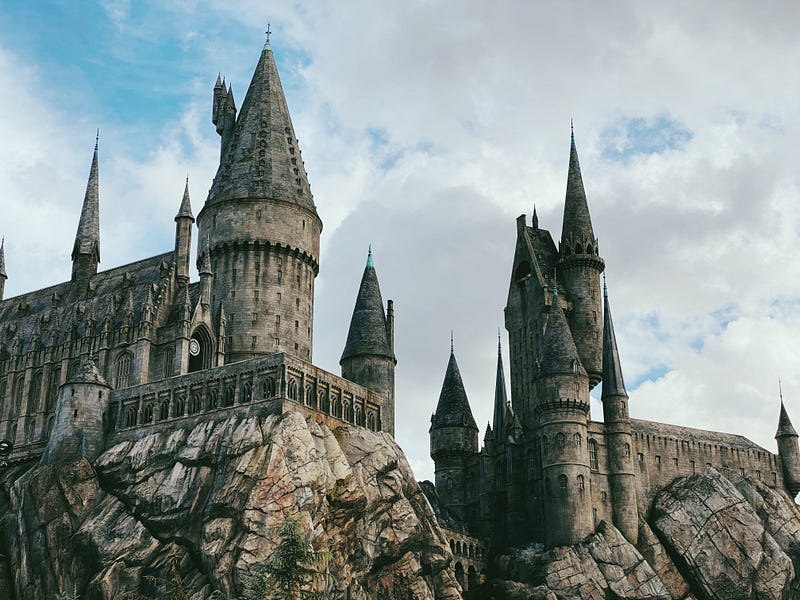
The Harry Potter Series: When Magic Becomes Reality in the Movies
Multiple directors did the Harry Potter movies. Because of this, each movie has a particular feel and style that changes over time while a reflection of the Harry Potter series subject matter in each film (in my opinion, this is successful). The movies do leave out a lot of events, info, and details from the books but stay true to the storyline.
I found that at specific points, the movies almost paralleled the book precisely, then diverted off, or changed this and that.
Example: the Battle at Hogwarts, Neville’s role or how Doby is buried and where.
Little details and little things, but overall the movies are done well and even now hold up with the special effects used today (think of the Sorcerer’s Stone troll scene in the girls’ bathroom).
It has only been six years since the last Harry Potter film was released, but it feels like it was forever ago. It is incredible to think that I had this fantastic story growing up alongside me for almost my entire childhood.
Harry Potter is an inspiring story that encourages people to treasure friendship, and encourages one to fight against evil and intolerance.
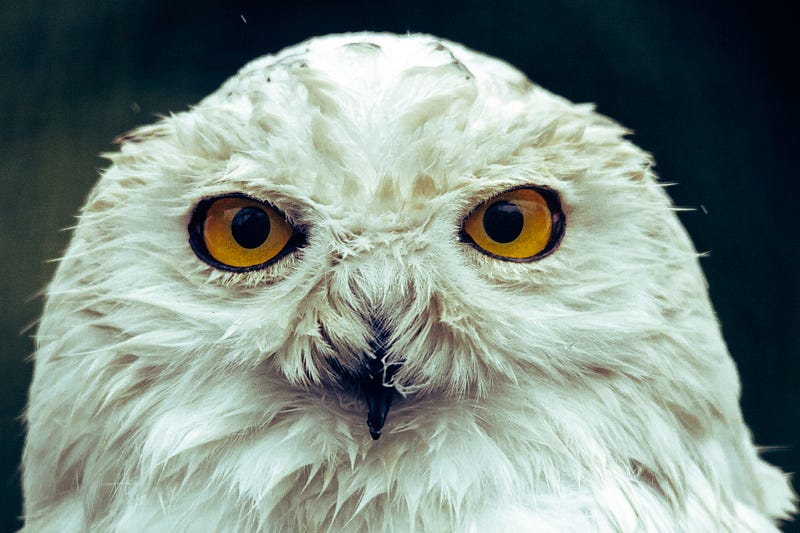
From Screen to Play: Harry Potter and the Cursed Child
I am not a big fan of scripts or screenplays. I find them to be a story without meat, just the bones, and hard to digest.
Admittedly I was fascinated by this story of Harry’s child, Albus, and Draco’s child Scorpius, as they try to fix the past but, in the end, fight against evil alongside their parents. I found the first part (the playscript is divided into two parts) lagging and without the cherished narrative of Rowling. It is simple, using the characters to tell another Harry Potter story, for the next generation.
The second part I found interesting because elements from the first part were finally beginning to tie together with the rest of the story and make sense. Reading the playscript feels more like a cartoon version of events than the life-like one in the books.
Overall, I recommend that any Harry Potter fan read The Cursed Child if they want to quench their thirst for the Harry Potter world.
Of course, there is also Fantastic Beasts, but that is another discussion for another time when it comes to a reflection on the Harry Potter series.

Is the Harry Potter series a bad influence?
I have heard countless times from people that the Harry Potter books promote witchcraft practices and satanism. I remember when there were articles and news stories about Christians and other religious groups banning and burning Harry Potter books in fear that they promote devil worship.
Even now Harry Potter books are under attack in public libraries and other places because of their content, but regardless of this millions of Harry Potter books have been sold.
“…450 million copies sold worldwide…” — harrypotter.bloomsbury.com
I believe the only reason for these responses is purely because most religions are taught that ‘magic,’ ‘witches’ and ‘wizards’ are directly linked to the devil. This has been taught for a very very long time, and it started centuries ago.
The fear of the devil and magic (from a Christian point of view) stems from fear of unknown pagan religions that include their practices and beliefs. Harking back to the time hundreds of years ago when Christianity was only barely beginning to take hold and the persecution of pagans was starting.
The story of Harry Potter should be treasured for what it teaches children and adults. That love, friendship, and family should be valued above all else and that in the face of evil and intolerance, we must come together and fight. Harry Potter promotes acceptance, peace, and the triumph of good over evil.
I believe that this message in the story of Harry Potter is vital and one that can help nurture and guide children and adults into becoming caring, empathetic, individuals.
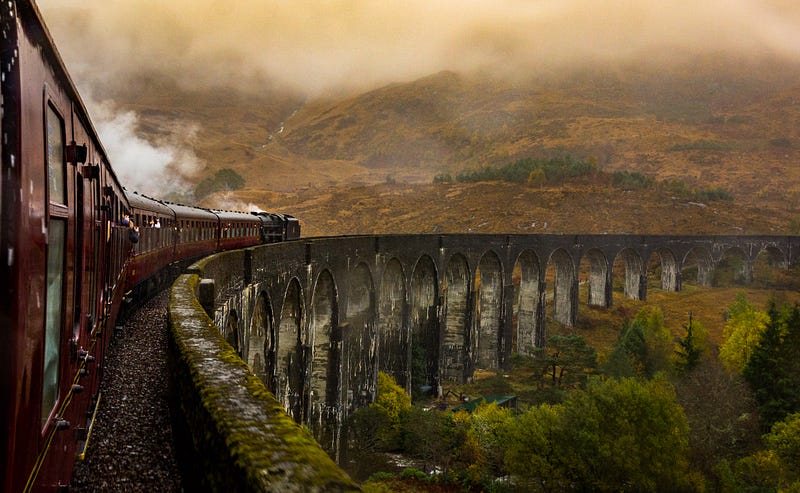
Are you a Harry Potter fan? If so, why do you love the world of Harry Potter? Do you prefer the books over the movies or vice versa? Do you think Harry Potter is a good influence or bad one and why? Leave a comment and start a conversation!
Thank you for reading my reflection. If you enjoyed this read please like, comment, and share! ?
Cheers!

This was an absolutely fantastic read! I think Harry Potter has become such a defining phenomenon for not only the literary world but our generation especially. I didn’t finish the series until last summer (I only read the first five when they came out and sort of fell out of it) but was able to buy the complete set and read through. It is definitely a journey of growth not only by the characters but by Rowling as a writer. Her prose is fantastic, themes universal, and she is a master storyteller. Thank you for posting this!
Thank you so much!!! I agree, definetly a defining work for our generation!